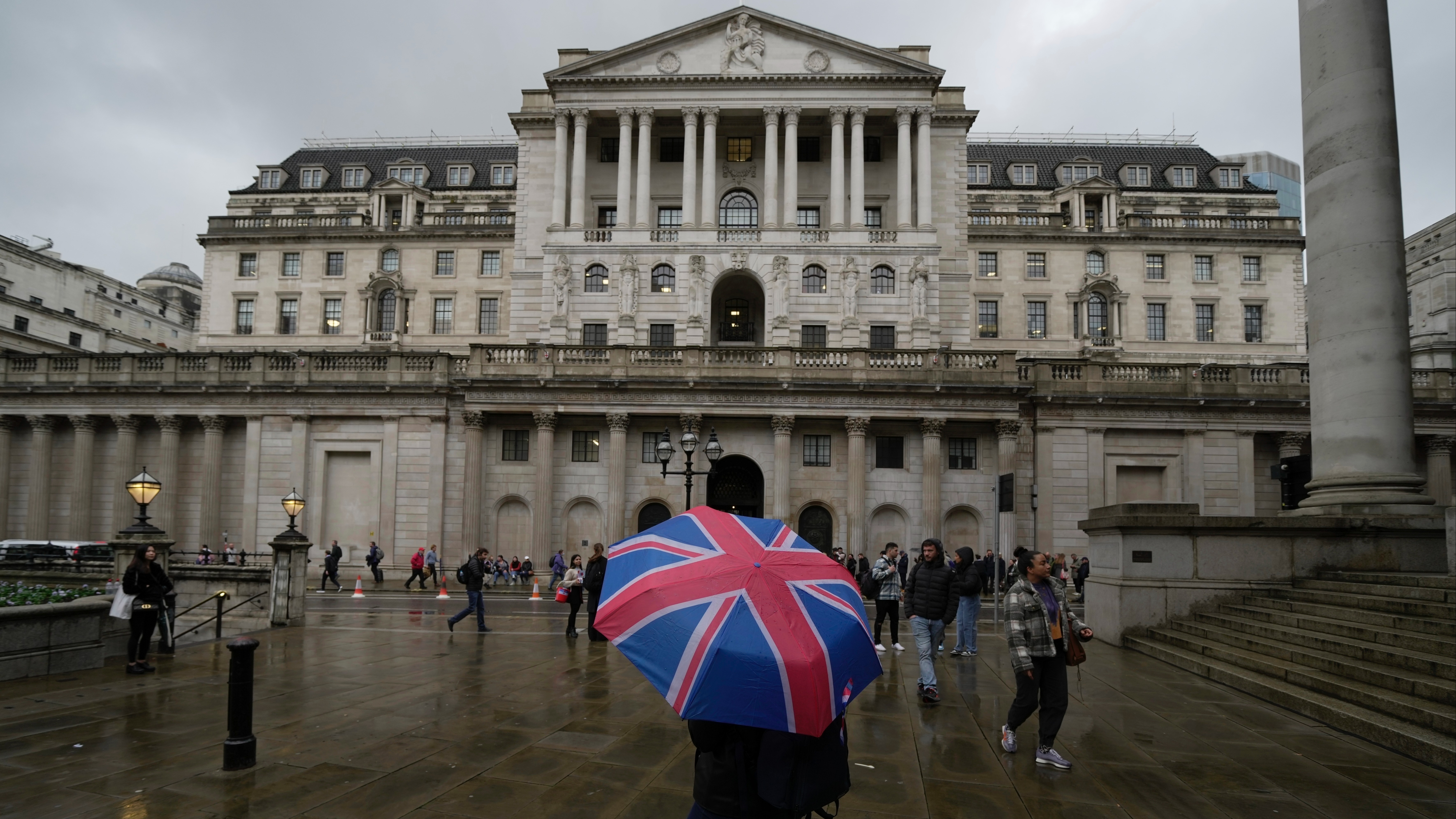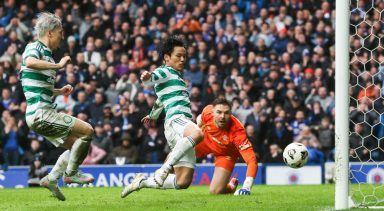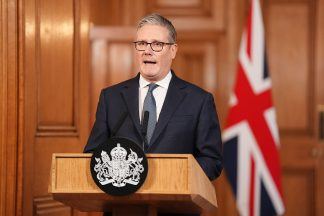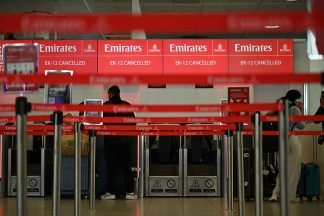The Bank of England narrowly voted 5 to 4 to hold rates at 4%, as inflation stays stuck at 3.8%, almost twice the target, and pay growth keeps pressure on prices, ITV News Business Editor Joel Hills explains.
It’s a hold but it was a close call.
The Bank of England’s Monetary Policy Committee voted 5 to 4 to keep the cost of borrowing at 4%.
It’s the Bank’s job to keep price rises low and stable. As things stand, they are neither.
The headline annual rate of Inflation stood at 3.8% in September – marginally lower than the Bank expected but almost twice the Bank’s 2% target.
“We still think rates are on a gradual path downwards but we need to be sure that inflation is on track to return to our 2% target before we cut them again,” said Andrew Bailey, the governor.
The Bank believes pay growth is a core problem. Annual earnings are rising at 4.4% a year – that’s too high.
The logic is simple: workers are pushing for higher pay to make up for the squeeze on their living standards, and businesses are responding by paying staff more – and then raising prices to protect their profits.
While some on the MPC fret about the persistence of inflation, others worry about the weakness of the economy. If in doubt, they’ve voted to wait and see.
Looking ahead, there are a couple of ways the Bank thinks things could play out.
1. Pay growth weakens, closer to 3%, and one-off shocks like energy and food costs fade – along with the headline rate of inflation. That would give the Bank of England room to gradually cut interest rates back to a neutral level – probably around 3.25%.
2. Pay growth remains strong, keeping inflation elevated. In that scenario, there would be little or no room to cut interest rates in the next year or so.
What happens next will depend to a large extent on the decisions the chancellor makes in her Budget.
Rachel Reeves’ last Budget pushed up prices – supermarkets claim the extra costs she saddled them with mean food and drink is 1 – 2% more expensive than it would otherwise have been.
The Bank believes food inflation will continue to edge up, peaking at 5.3% Christmas.
The chancellor has made it clear that she plans to increase taxes again on November 26.
All things being equal, this will subdue growth further, making it easier for the Bank to cut interest rates over the next year or two.
The weeks of endless speculation about tax rises appear to have unsettled households and businesses.
Yesterday, Marks and Spencer said its customers are concerned about how they will be affected.
Bank of England Governor Andrew Bailey said: “I don’t think it’s lasting economic damage. I think what the situation is. The Chancellor set out the situation quite clearly. I thought her speech was clear in that sense.
“Very clear. So I can understand why people are saying, well, you know, just under three weeks to go now, I want to wait and see and see what’s in it.”
The Bank says the feedback it gets from businesses suggests they may be delaying investment decisions until there’s clarity.
Consumer spending remains weak, and household saving rates are unusually high.
Bank of England Governor Andrew Bailey told ITV News Economic Editor Joel Hills that economic damage caused by weeks of speculation about tax rises will not be ‘lasting’
In the Bank’s view, inflation has probably peaked, prices will stabilise in the months ahead and inflation will return to the 2% target by the Spring of 2027.
Households aren’t so sure. Surveys suggest they expect inflation will still be running at 4% in five years.
The Bank notes this expectation could become “self-fulfilling” – as people demand higher wages and businesses respond by raising prices.
The public seems to need convincing that the Bank can do its job.
Follow STV News on WhatsApp
Scan the QR code on your mobile device for all the latest news from around the country






























